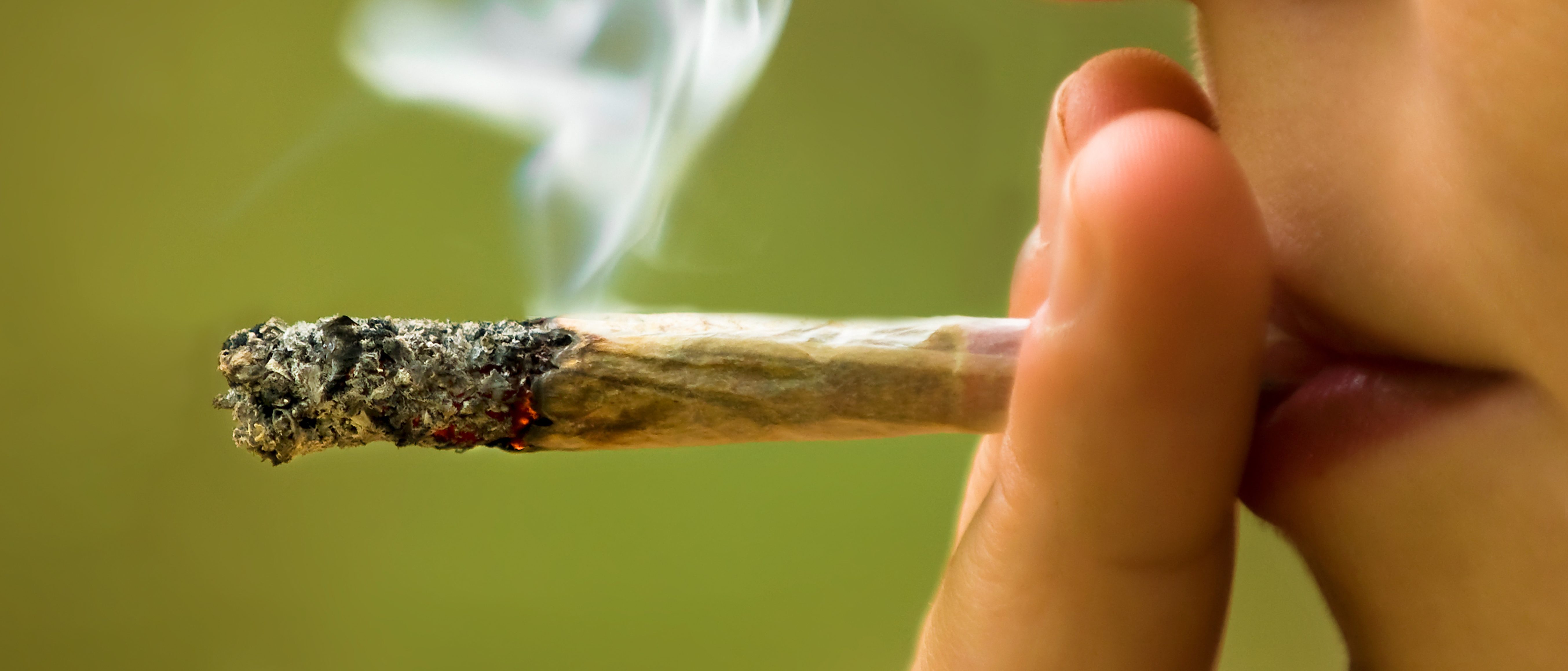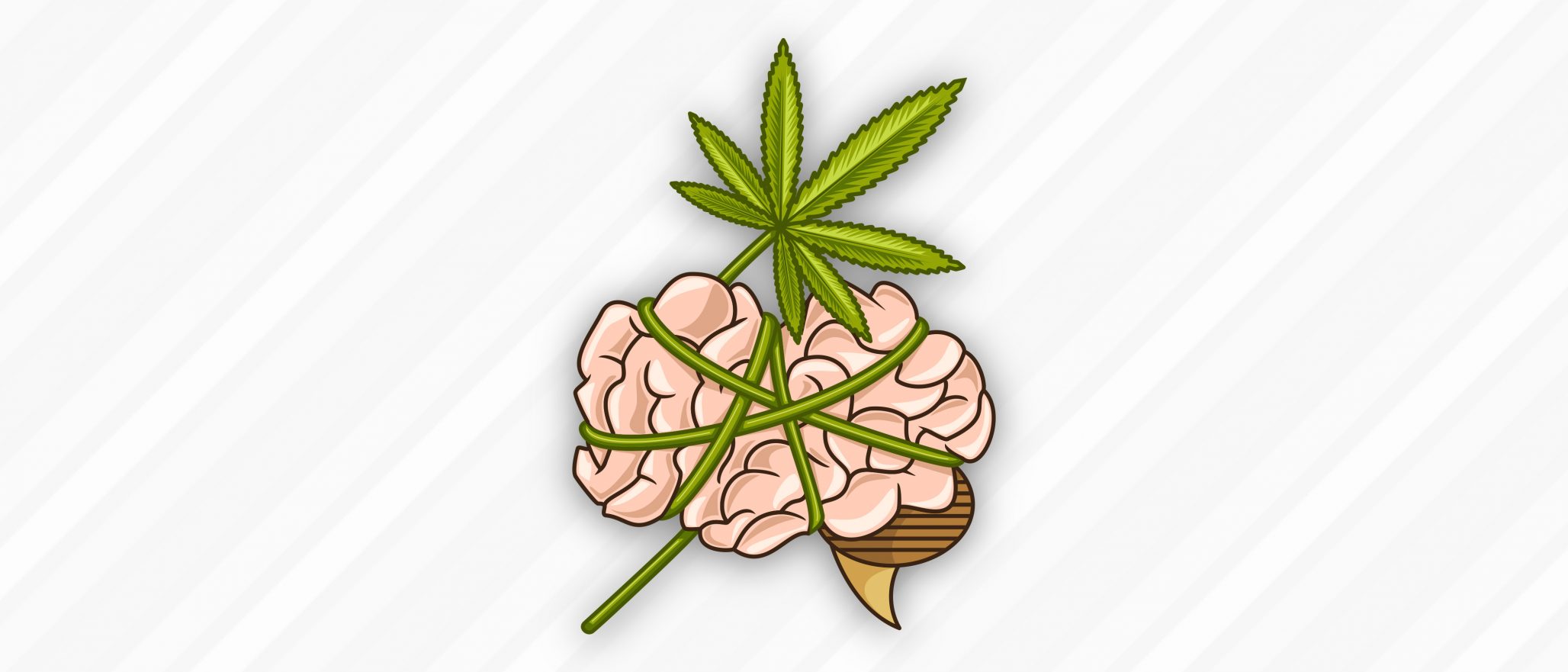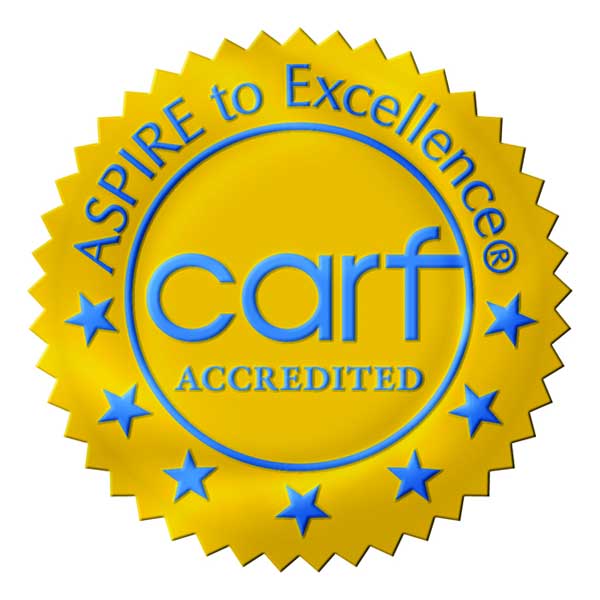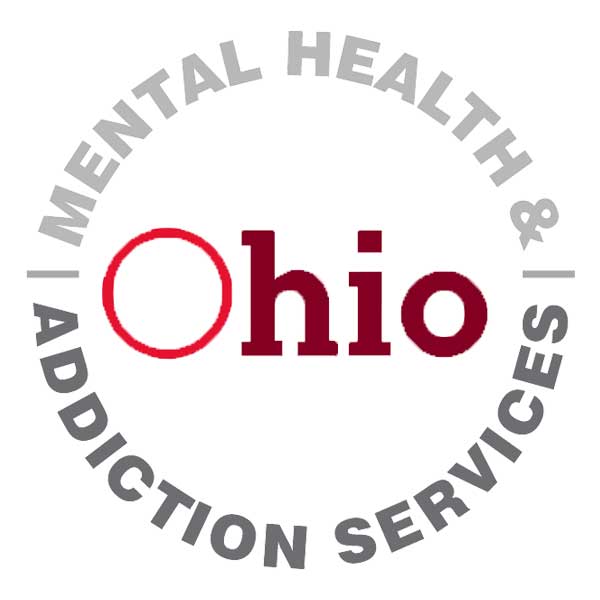GET HELP NOW
513.792.1272
Adolescents and the Effects of Marijuana Use

Approximately 12% of people aged 12 or older used marijuana within the past year.There are even higher rates of use among young people aged 12-25. The New England Journal of Medicine (NEJM) published a review of current available information to determine what (if any) adverse health effects of marijuana use occur with “recreational” or occasional use. With the increases in the psychoactive compound THC, marijuana is stronger than ever.
Effects of Marijuana Use
The effects of marijuana use can be serious and wide ranging. Increased frequency or amount of use tend to link to more issues. Younger users also experience more significant problems compared to adults over the age of 26. Some of the main effects of marijuana use were: risk of addiction, effects on brain development, possible role as a gateway drug, relationship to mental illness, effect on school performance and lifetime achievement, and risk of motor vehicle accidents.
People who continue to use marijuana or other substances despite negative effects or consequences may have a Substance Use Disorder (SUD).
Risk of Addiction:
Approximately 9% of people who use marijuana will become addicted. This includes people who use infrequently. For those who begin use as teenagers, the risk increases to about 17%. Daily use carries a 25-50% risk factor of developing dependence.
In the 2012 National Survey on Drug Use and Health, 2.7 million people 12 and older were dependent on marijuana. As a comparison, 5.1 million met the criteria for dependence on any illicit drug (including marijuana), and 8.6 million met the criteria for dependence on alcohol.
Adolescents’ increased vulnerability to long term adverse effects from marijuana is likely related to the development of the brain which occurs during this time period. Compared to those who begin use as adults, those who begin using during adolescence are 2-4 times as likely to develop symptoms of cannabis dependence within 2 years of first use. This period of brain development includes making communication faster between highly used areas of the brain.
Effect on Brain Development:
The brain undergoes periods of active development from birth until at least 21 (although likely up to 26 according to recent research). During these developmental periods, the brain is much more vulnerable to the adverse long-term effects of environmental impacts, like exposure to THC (tetrahydrocannabinol), the ingredient in marijuana which causes a high.
Animal studies have shown that prenatal or adolescent exposure to THC can recalibrate the sensitivity of the reward system and that prenatal exposure interferes with the brain’s ability to form connections between neurons. Human adults who used marijuana as adolescents have fewer brain connections in particular areas of the brain. Imaging studies of people who use cannabis show decreased activity in particular regions of the brain. The negative effects are particularly striking if use starts in adolescence or young adulthood.
Possible Role as a Gateway Drug:
Use of marijuana in adolescence could influence multiple addictive behaviors in adulthood. Marijuana, alcohol, and tobacco all prime the brain for heightened response to other drugs. People who are more susceptible to drug-taking behavior may be more likely to start taking marijuana because of its accessibility. The subsequent exposure to those who use drugs may encourage increased use or use of different drugs.
Relation to Mental Illness:
Anxiety and depression may occur more often when a person uses marijuana, based on correlational data. There is not a direct causal link. Marijuana is also linked with psychoses (including schizophrenia), especially among users who have a genetic predisposition. Marijuana can also exacerbate the course of psychotic illnesses. In addition, marijuana interacts poorly with many drugs used to treat mental illness (including anxiety and depression). Those using marijuana should avoid these medications.
Effect on School Performance and Lifetime Achievement:
The 2013 Monitoring the Future survey of high school students found that 6.5% of 12th graders used marijuana daily or nearly every day. This is likely an under reporting of all 17-18 year olds. Those who have dropped out of high school have higher than average rates of marijuana use.
Marijuana impairs cognitive functions, both during use and for days after. Students who use regularly may be operating below their natural capacity much of the time. Evidence also suggests that there are long lasting cognitive impairments especially among those who begin using in early adolescence.
Risk of Motor-Vehicle Accidents:
Immediate and long-term exposure to marijuana impair driving ability. Marijuana is the most frequently reported drug in connection with impaired driving and accidents, including fatal accidents. Drivers who recently used marijuana were more likely to be involved in an accident compared to those who did not use alcohol or other drugs before driving. The risk of accident increased by 3-7 times in those using marijuana.
Research in Action:
The effects of marijuana use are serious and wide-ranging. Many teens do not believe that marijuana is addictive. They may read “information” on the internet implying that there is no harm in using cannabis. Pro-marijuana propaganda websites write for adults, who do not face the same significant risks that teens can. Teens and young adults may experience magnified effects because their brains are not fully developed.
Even once per week marijuana can be a serious issue that requires professional treatment. If you know a teen who is using marijuana or other substances, an assessment at ASAP can help. Call us at 513-792-1272 for more information or to schedule an assessment.
References
RELATED POSTS
ASAP is Cincinnati's premiere outpatient treatment center for teenagers and their families struggling with substance abuse and mental health problems.
SUBSCRIBE
Enter your email address to receive news and information from ASAP.











